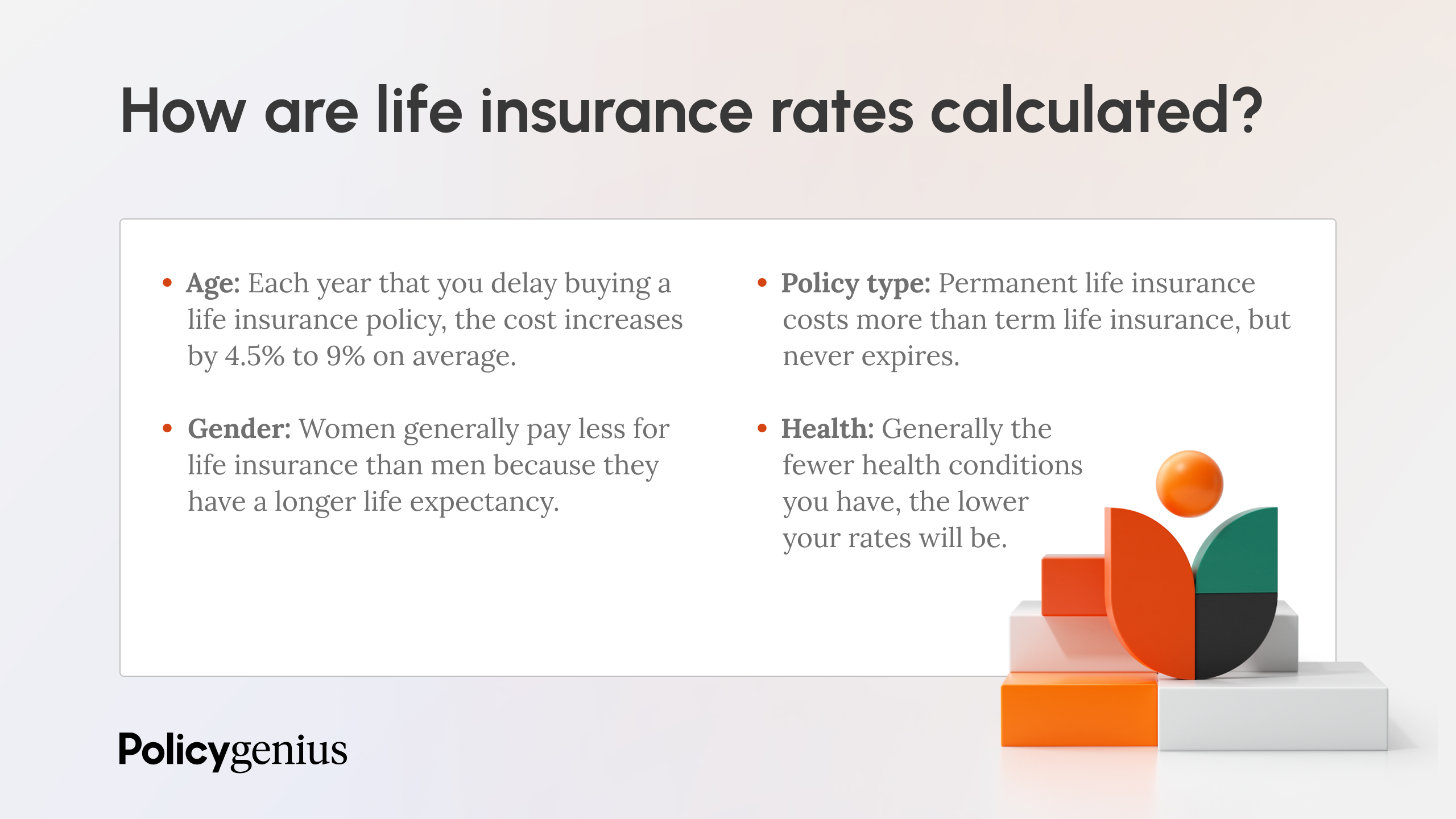Blitz News Digest
Stay updated with the latest trends and insights.
Insurance Policies: The Fine Print That Could Save Your Wallet
Unlock the secrets in your insurance policy's fine print—these hidden gems could save you thousands! Dive in now to protect your wallet!
Understanding Coverage Limits: What You Need to Know
Understanding coverage limits is essential for anyone purchasing insurance, whether it be for auto, home, or health. Coverage limits define the maximum amount an insurer will pay for a covered loss, and knowing these limits helps policyholders avoid unexpected expenses. For instance, if you file a claim for damage that exceeds your coverage limit, you could be left to cover the remaining costs out of pocket. It is critical to review your policy documents carefully and ask your insurer any questions you may have about the specific limits for each type of coverage.
When assessing your coverage limits, consider factors such as personal assets, liabilities, and potential risks. Creating an inventory of your belongings and estimating their value can provide insight into how much protection you genuinely need. Additionally, state regulations and local laws may influence your minimum coverage requirements, so staying informed about these regulations is vital. Ultimately, understanding and evaluating your coverage limits will empower you to make informed decisions that best suit your financial security and peace of mind.

Common Policy Exclusions: Are You at Risk?
Understanding common policy exclusions in insurance can be crucial for safeguarding yourself against unexpected risks. Many policyholders are unaware of the specific situations or damages that their insurance might not cover, leaving them vulnerable when they need support the most. Some typical exclusions include flood damage, earthquake coverage, and claims related to wear and tear. Failing to recognize these exclusions could result in significant financial losses during a crisis, highlighting the importance of thoroughly reviewing your policy.
To mitigate risks associated with policy exclusions, it's essential to ask your insurance provider detailed questions about your coverage. Consider requesting additional riders or endorsements to cover gaps in your policy. Furthermore, staying educated about the specifics of your insurance can empower you to make informed decisions. Remember, the best defense against the impacts of common policy exclusions is vigilance and proactive management of your coverage needs.
5 Questions to Ask Before Signing Your Insurance Policy
Before signing your insurance policy, it's essential to understand all the details involved. One of the first questions to ask is, 'What is covered and what is excluded?' Every policy comes with specific inclusions and exclusions, and knowing exactly what you're getting can save you from unexpected surprises later. Additionally, inquire about limits on certain types of claims to ensure comprehensive protection for your needs.
Another critical question is, 'What is my deductible?' The deductible is the amount you must pay out-of-pocket before your insurance coverage kicks in. Understanding your deductible can have a significant impact on your premiums and overall financial planning. Lastly, ask about the process for filing a claim and the typical response times. This ensures that you'll know what to expect should you ever need to utilize your policy.